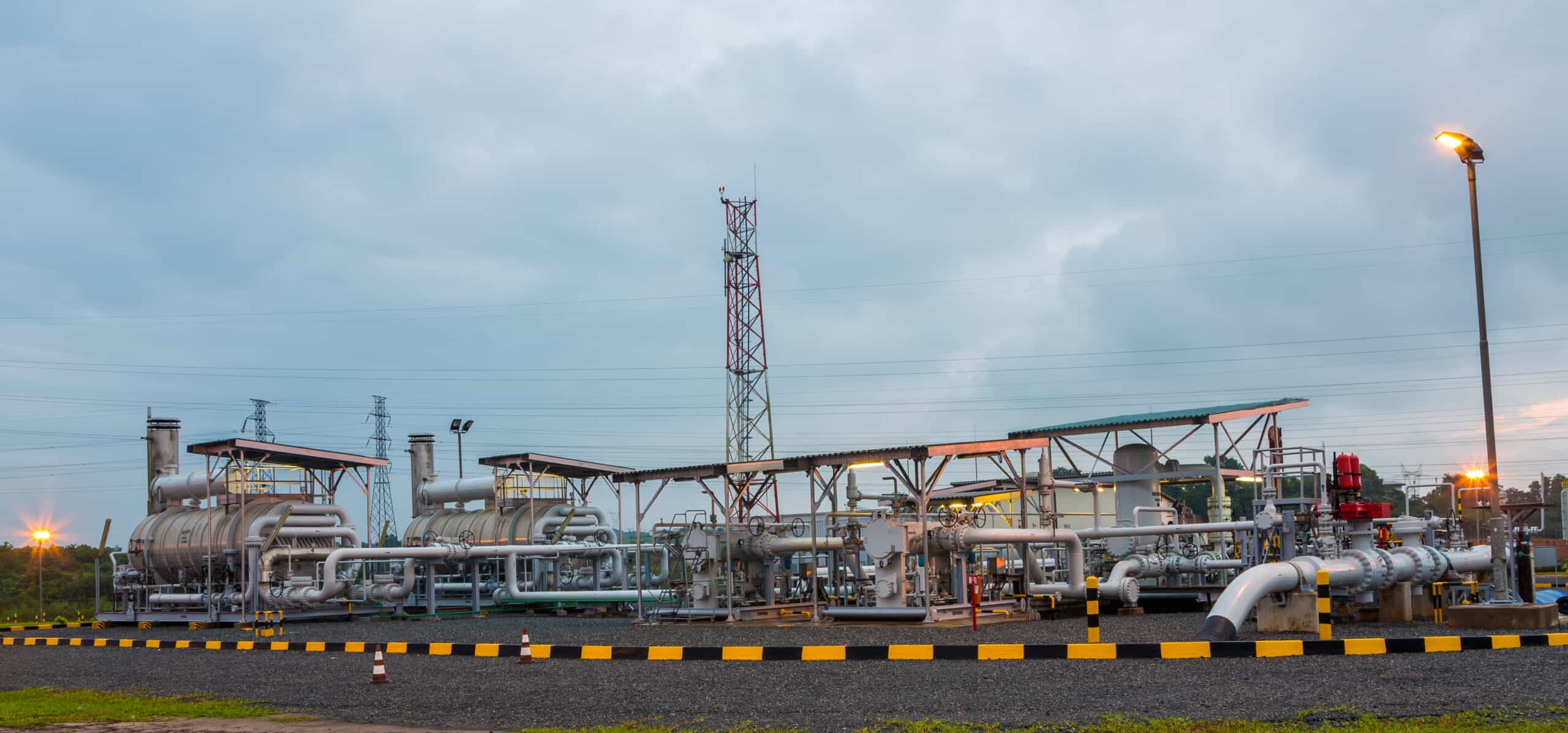FAQs
What happens after I register?
After successful registration WAPCo shall notify contractor/vendor of their inclusion in our approved Contractors List
What equipment, goods and services does WAPCo procure?
A comprehensive list is attached to the Contractors Registration Form
Who do I contact about sourcing opportunities in WAPCo?
Contractors and vendors interested in sourcing business opportunities in WAPCo should contact WAPCo Contract and Procurement Department
Which commercial entity is responsible for marketing gas that is transported through WAGP?
N-Gas, which is a joint venture company owned by Nigerian National Petroleum, Company, Chevron and Shell, is responsible for bulk marketing to the customers. It does this through Sales and Purchasing Agreements with the producers and the buyers.
What are the benefits of the WAGP?
-
Lower cost energy, especially for power generation.
-
Local content objectives set under the International Project Agreement (IPA) require that a minimum of 15 per cent of goods and services are procured from the four countries. These objectives are being implemented in all four project countries, currently exceeding these minimum requirements.
-
The International Project Agreement provides an option at a specified later date for local equity participation of up to 25% in WAPCo.
-
The pipeline as a regional energy infrastructure will serve as a catalyst for direct foreign investment in sustainable development in the project countries.
-
The pipeline project has provided a new level of regional co-operation and economic integration to enhance regional stability. It also supports ECOWAS as a regional economic co-operation agency.
-
The natural gas pipeline will enhance the regional environment by substituting natural gas for less desirable fuels thereby reducing emission of greenhouse gases.
-
The construction of pipeline has resulted in technology transfer, both in terms of technical facilities, management and regulation of this regional project.
-
WAPCo employs over 100 skilled people from the sub-region, on competitive selection basis. This number has been far greater during construction.
-
Benin, Ghana and Togo will have comparatively reliable, stable, cleaner and lower cost fuel for power generation and industrial development.
At the individual country level, each of the four countries will have some direct tax benefits with the three gas recipient countries making some fuel gains
Is there a regulatory entity involved?
The Governments of the four project countries have established the West African Gas Pipeline Authority (WAGPA) as the regulatory entity, to regulate the construction and operation of WAGP. Please contact http://wagpa.org/ for more information on WAGPA.
Do Third Parties have "Open Access" to use WAGP to transport natural gas?
Yes. WAGP is an “Open Access” pipeline.
What is the relationship between WAPCo and N-Gas?
WAPCo is the transporter or carrier of the natural gas and N-Gas is the shipper. N-Gas is responsible for buying gas in Nigeria, contracting transportation with Nigeria Gas Company (NGC) Limited in Nigeria and with WAPCo, and selling the gas to bulk buyers in Benin, Togo and Ghana.
Who are the main beneficiaries of WAGP gas?
-
Volta River Authority’s Takoradi Thermal Power Station in Ghana
-
Communauté Electrique du Bénin (CEB) of Togo and Benin
-
Power Plants and industries in Benin, Ghana and Togo
What are the main uses and applications of the gas?
About 85 per cent of the gas will be used as fuel in generating electricity. The remaining 15 per cent will be utilized by local industry as source of heat energy or feed stock. This type of gas cannot be bottled easily like Liquefied Petroleum Gas (LPG) and will not be used for domestic purposes.
What type of natural gas is being transported by WAGP?
WAGP transports processed natural gas stripped of impurities, solids, heavy hydrocarbons, liquids and water. It is comparable to any international pipeline gas quality and therefore, very light and dry, ideally suited for power plants and industrial applications.
Who are WAPCo's Shareholders?
WAPCo’s shareholders are:
-
Chevron West African Gas Pipeline Company Ltd (36.9%)
-
Nigerian National Petroleum Corporation (24.9%)
-
Shell Overseas Holdings Ltd-(17.9%)
-
Takoradi Power Company Ltd (Ghana) – (16.3%)
-
Société Togolaise de Gaz (Togo) – (2%)
-
Société BenGaz S.A (Benin) – (2%)
What does WAPCo do?
WAPCo has been established to transport natural gas from Nigeria to consumers in Benin, Togo and Ghana.
Who owns and operates West African Gas Pipeline (WAGP)?
West African Gas Pipeline Company (WAPCo) Limited owns and operates the pipeline. WAPCo was established in May 2003 as a joint venture limited liability company owned by public and private sector companies in four West African countries – Nigeria, Ghana, Benin and Togo.
Would the offshore pipeline route affect the activities of fishing industries and contribute to marine pollution?
The offshore route of the pipeline avoids sensitive fisheries ecosystems. WAPCo will continue to remain engaged with all communities along the pipeline right-of-way and in coastal areas surrounding pipeline landfalls for several years. This affords community members, including fishermen, ready lines of communication to raise any concerns about project impacts. Moreover, the environmental monitoring plan for WAGP includes assessment of fishery and livelihood impacts, which will be undertaken by independent consultants. Bank supervision and the independent expert panel will have these issues on their agenda as well.
